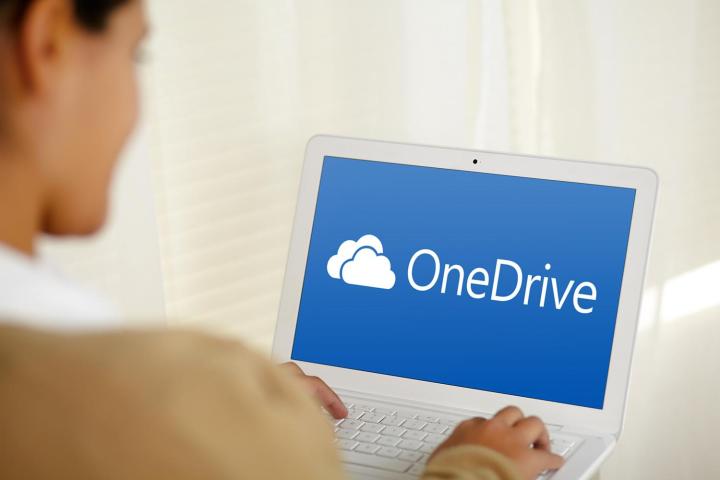
That’s an important step in making OneDrive more universally appealing. Every cloud service offers a mix of features and functions aimed at getting users to commit their most important information in one place, and so far OneDrive is most compelling for heavy Office users. Version History, on the other hand, is something that benefits all users.
OneDrive Version History lets users see previous versions of documents going back a full 30 days. Right-clicking on a document in OneDrive via the web interface and selecting “Version History” provides a list of versions and the ability to restore or open an older version. Version History incorporates Microsoft’s OneDrive sharing features, meaning that users can also see who modified a document.

Until now, the Version History feature only worked with Microsoft Office files, such as Word documents, Excel spreadsheets, and PowerPoint presentations. Wednesday’s change extends versioning controls to all file types, meaning that OneDrive now allows users the same peace of mind for PDFs, CAD files, photos, videos, and more. Because the Version History provides information on when a modification occurred and who modified it, along with file size information, users can easily locate the best version and restore it.

This is one of the most requested OneDrive features on Microsoft’s OneDrive UserVoice site and will likely make some people very happy. That is a good thing, because the battle for cloud storage dominance is a competitive one, and Microsoft’s productivity solutions depend on OneDrive to tie users, documents, and workflows together. Google Drive performs the same function for its own Docs productivity suite, and features like Version History can make the difference in winning users over.
The feature will begin rolling out on Wednesday, and will eventually make its way to all users over the summer. You will know that you have the feature when you can right-click on non-Office files and see the “Version History” option in the menu.
Editors' Recommendations
- OneDrive is ruining my PC gaming setup
- It’s not just you — Microsoft admits its patches broke OneDrive
- How to store files on OneDrive on Windows 10


